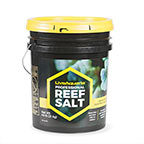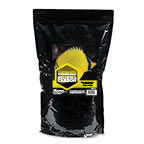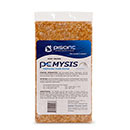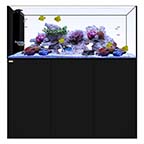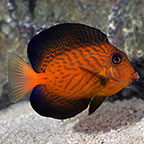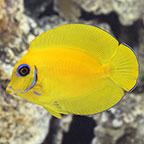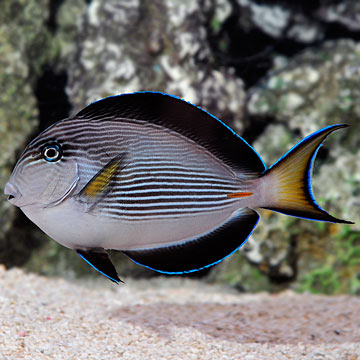

Additional locales and sizes may be available!
Additional locales and sizes may be available! Email me when availableQuick Stats
What do these Quick Stats mean? Click here for more information
What do these Quick Stats mean? Click here for more information
Overview
Sohal Tangs can be found in the Western Indian Ocean from the Red Sea to the Persian Gulf where they inhabit reef flats.
Sohal Tangs can be very aggressive and should not be kept with other Tangs. They tend to be well-behaved with old tank mates but can be very aggressive to any new additions. They are only suited for large aquariums with other fish capable of handling their aggressive and domineering behavior. They do well in very large reef systems with no other Tangs, and plenty of swimming room. It is recommended that they be the last fish introduced into the aquarium since they can be extremely territorial and aggressive toward tank mates. Due to its potential large size of 14” to 16” an aquarium of 250 gallons or more is recommended to properly house a Sohal Tang.
Although Tangs will eat meaty foods such as enriched brine and mysis shrimp, it is recommended that Tangs are offered plenty of marine based seaweed and algae. Algae based diets are important for the Sohal’s overall health and longevity and should be fed regularly. High quality flake and pellet foods will also be accepted.
Approximate Purchase Size: Small: 1" to 2"; Small/Medium: 2" to 2-3/4"; Medium: 2-3/4" to 3-1/2"; Medium/Large: 3-1/2" - 4" Large: 4" to 5"




